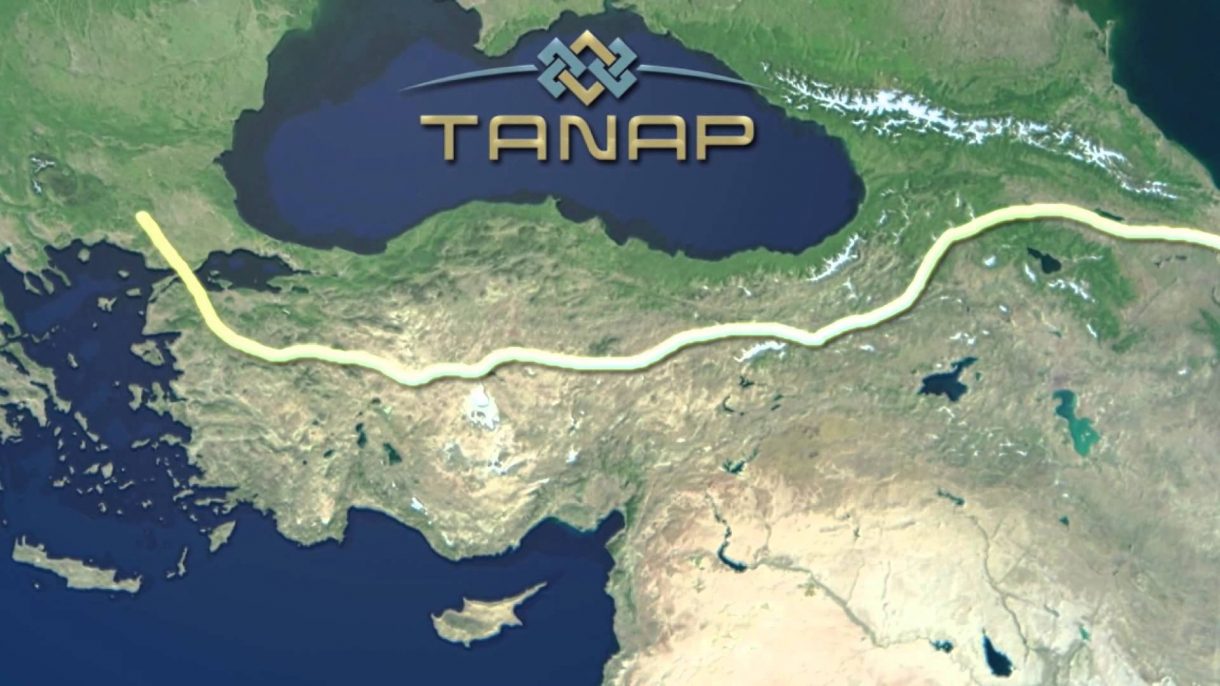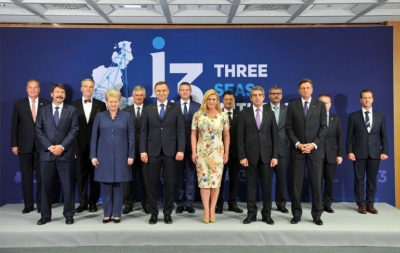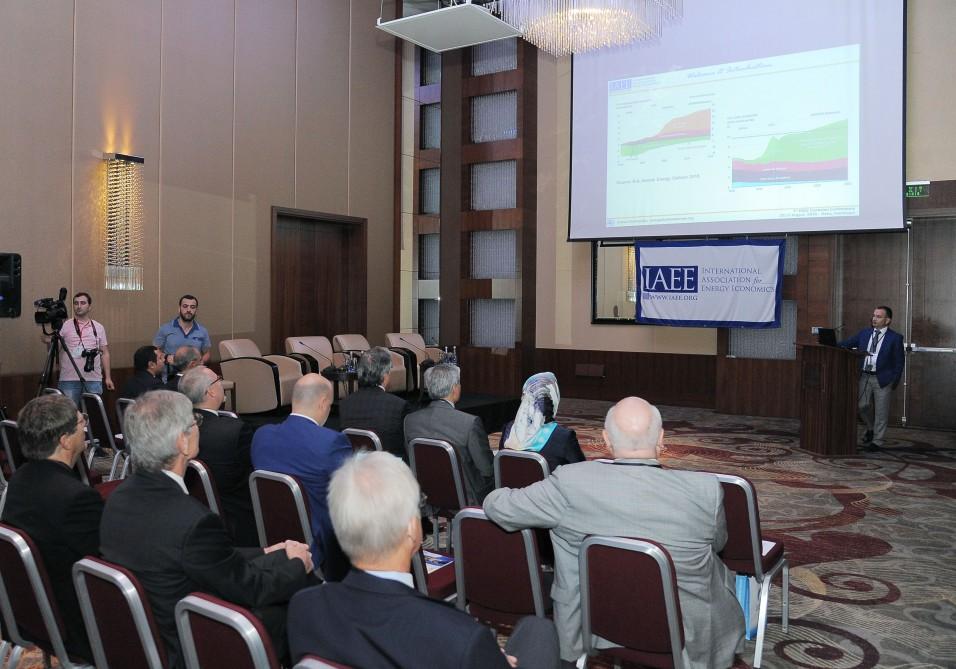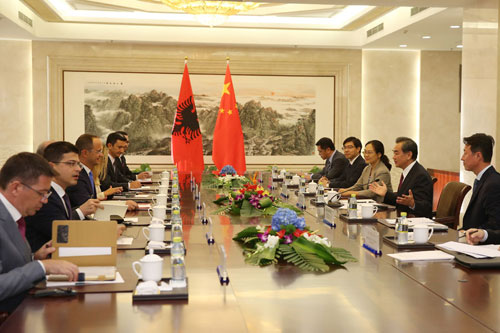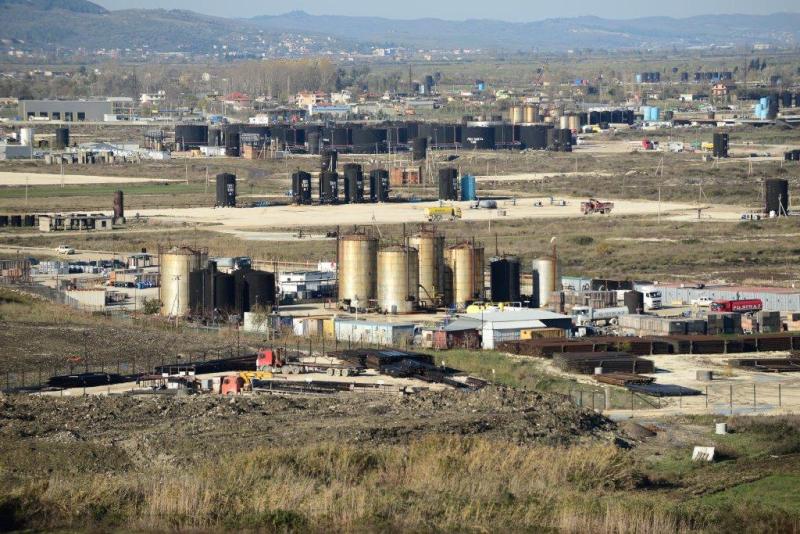
The Southern Gas Corridor (SGC) project will enhance Azerbaijan’s role in forming eastern and western energy corridors.
Deputy Energy Minister Natig Abbasov made the remarks at the first Eurasian Conference of the International Association for Energy Economics (IAEE) in Baku on August 29.
Despite the decline in oil prices, Azerbaijan continues to realize big transnational projects, said the deputy minister.
As a country located at the intersection of Europe and Asia, Azerbaijan has exceptional opportunities for transportation of energy resources, he noted adding that the SGC is one of the biggest infrastructure and energy projects of Europe.
“As an energy security project, the SGC will bring benefit to all of us – producers, transit countries and consumers – for years to come,” added Abbasov.
The Southern Gas Corridor is one of the priority energy projects for the EU. It envisages the transportation of 10 billion cubic meters of Azerbaijani gas from the Caspian Sea region to the European countries through Georgia and Turkey.
At the initial stage, the gas to be produced as part of the Stage 2 of development of Azerbaijan’s Shah Deniz field is considered as the main source for the Southern Gas Corridor project. Other sources can also connect to this project at a later stage.
He also noted that Azerbaijan made a new contribution to Europe’s energy security with the SGC project.
“TANAP (Trans-Anatolian Natural Gas Pipeline), which will be laid from the Georgian-Turkish border to the Turkish-Greek border, is a very important project in the context of ensuring the regional, particularly European security,” said the deputy minister. “The creation of the energy corridor will be completed by laying the TAP (Trans Adriatic Pipeline), from the Turkish-Greek border to Italy’s south.”
TAP has enough capacity to transport Azerbaijani gas to Europe and will allow creating a complex network of gas pipelines in Europe, said Abbasov.
“Moreover, the construction of the planned Ionian Adriatic Pipeline (IAP) will allow delivering Azerbaijani gas to Bulgaria, Montenegro, Croatia, Bosnia and Herzegovina,” he added.
Currently, Azerbaijan produces 82-88 million cubic meters of gas and 115,000-120,000 tons of oil per day, noted the deputy minister, adding that proved gas reserves of the country amounted to 2.6 trillion cubic meters, oil reserves – two billion tons.
The IAP pipeline is planned to be connected to the TAP pipeline in the Albanian city of Fier.
Azerbaijani gas will be delivered to a number of countries of the southeastern Europe via the IAP pipeline. The pipeline’s capacity will be five billion cubic meters per year.
Organizers of the TAP pipeline have already signed a corresponding memorandum with builders of the IAP, in particular, with Plinacto Ltd. (Croatia), BH-Gas (Bosnia and Herzegovina), Geoplin plinovodi (Slovenia), as well as with governments of Montenegro and Albania.
Abbasov further said that Azerbaijan is considering the possibility to transport Iranian gas through its territory to Europe. He noted that it will be possible through Iran’s joining the TANAP project.
Abbasov didn’t also exclude possibility of transporting Iraqi gas through Azerbaijan to Europe.
TANAP project envisages transportation of gas from Azerbaijan’s Shah Deniz field to the western borders of Turkey. The gas will be delivered to Turkey in 2018, and after completion of the Trans Adriatic Pipeline’s construction, the gas will be delivered to Europe in early 2020.
The First Eurasian Conference organized by the International Association for Energy Economics (IAEE) to focus on the energy economics emerging from the Caspian region. The members of the Council of the International Association for Energy Economics approved the decision on the 39th IAEE Conference in Baku.
The conference to be end on August 31 is attended by 56 speakers from 24 world countries.
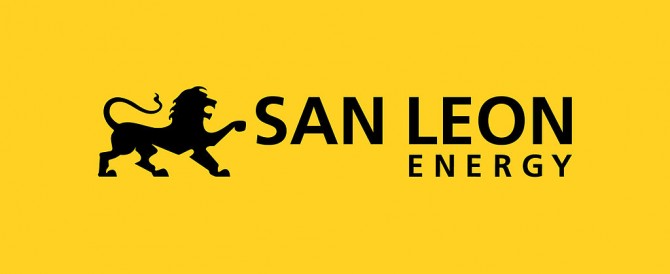
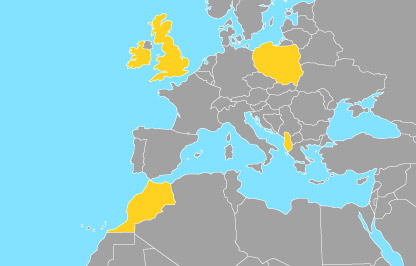 Sky News understands that Geron Energy Investment lodged an 80p-a-share indicative offer for San Leon in recent weeks.
Sky News understands that Geron Energy Investment lodged an 80p-a-share indicative offer for San Leon in recent weeks.
